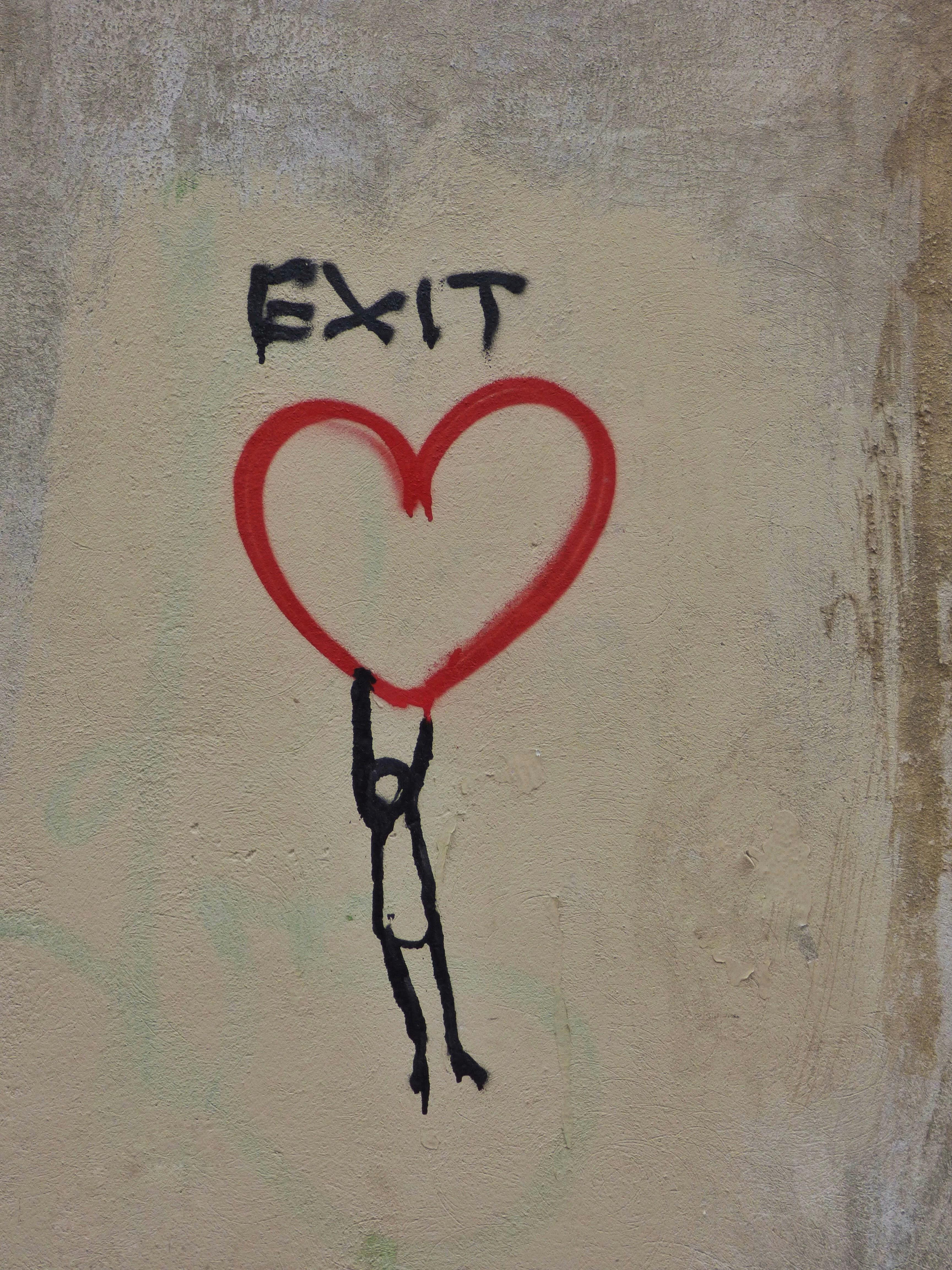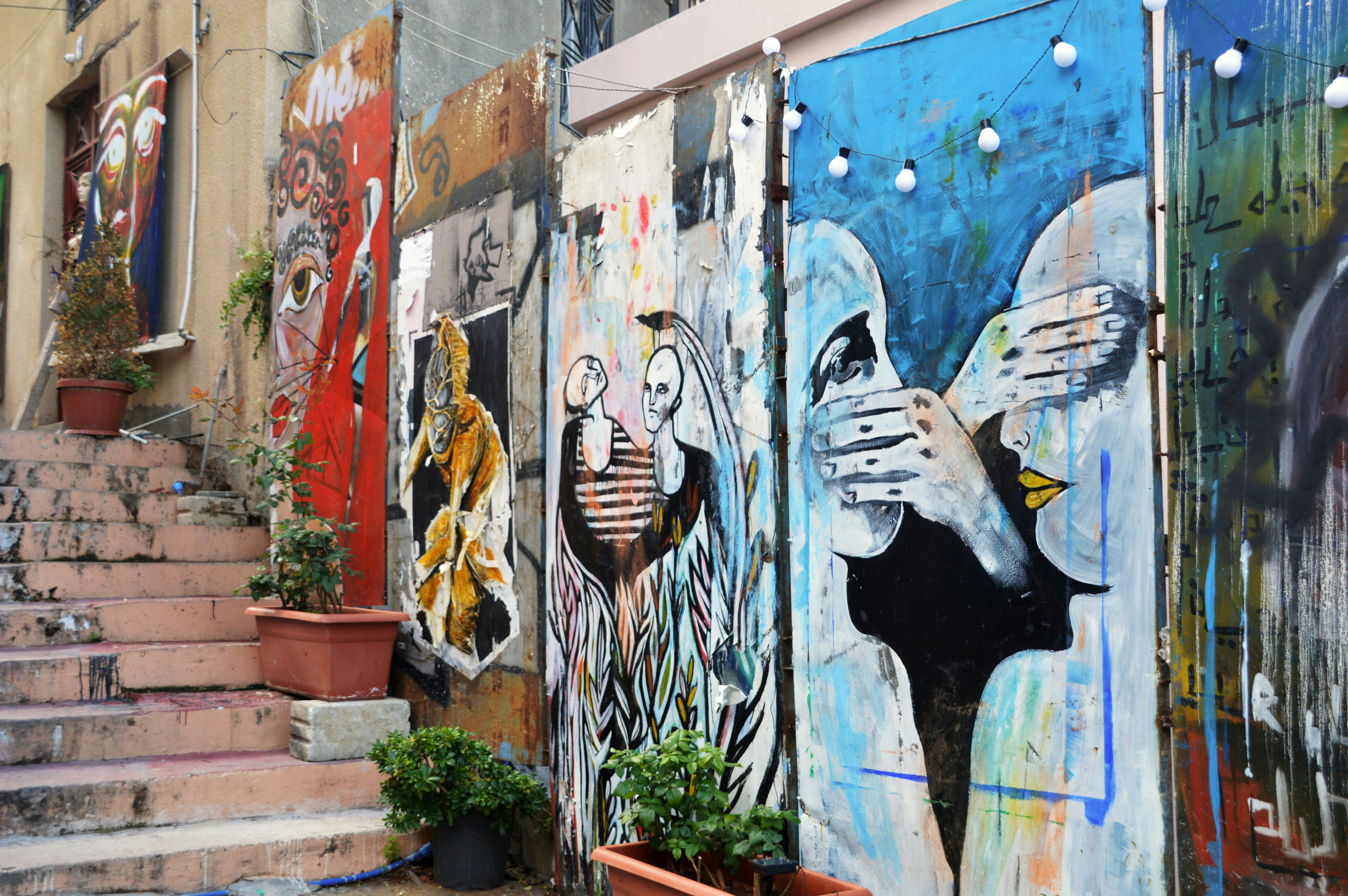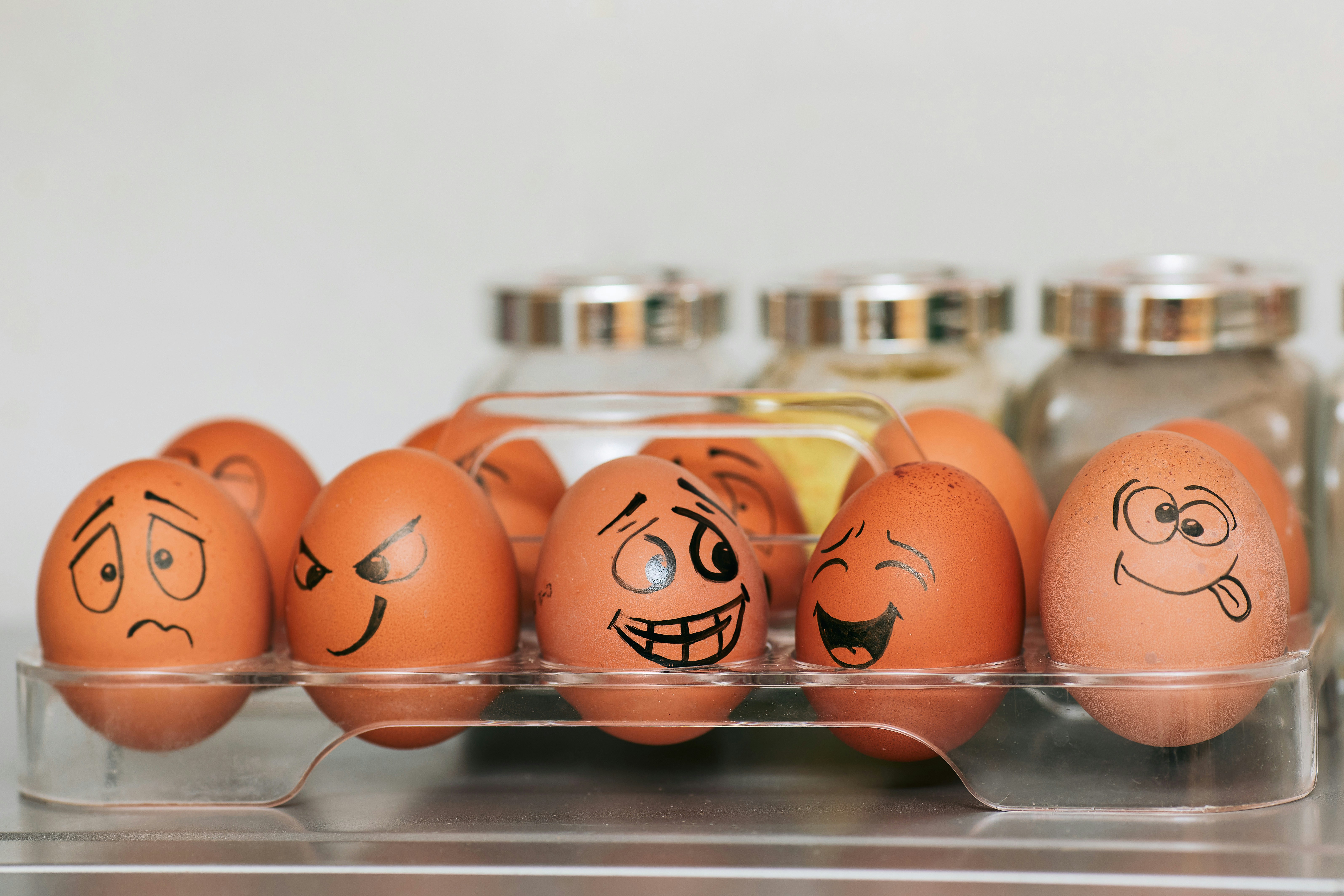
Although I* have been happily married for almost 30 years and always seem to find a small group of solid friends wherever I go, I still know the pain of a broken heart. The sadness sometimes feels overwhelming. I also know, that as hard as it is to move through it, blessings abound when that pain subsides.
I know this because my husband and I have been “seeing other people” since before we were married. (It’s fine, take a deep breath.) Sometimes, when friends and family members try to wrap their heads around this fact, they’ll ask us, “What can you get from someone else that you can’t get from each other?”
The answer is simple.
“Heartbreak.”
As I get older, and especially in my work as a death doula, I see how my heartbreaking experiences helped me to become a better person and more compassionately serve others at the end of life.
Go Your Own Way
“There is a sacredness in tears. They are not the mark of weakness but of power. They speak more eloquently than ten thousand tongues. They’re the messengers of overwhelming grief, of deep contrition, and of unspeakable love.” – Washington Irving
I’m not suggesting that I went out in search of doomed relationships. Like, “Let me try and meet someone who will help me understand Fleetwood Mac songs.”
That’s not it. Only after some time (and countless conversations with trusted friends, therapists, and my husband) could I see these relationships and their life-changing lessons more clearly.
Do you need a broken romance to feel deep sorrow? Not at all.
Many of us feel heartbreak at the loss of any meaningful relationship. I’m no different. In 2007 and 2019, I ended two long-lasting, platonic friendships and mourned those losses for a very long time.
But, in my experience, the two romantic heartbreaks I’ve experienced in that same time frame hurt differently.
Much differently.
And while I wanted to stay connected to these two men who taught me so much, even when the romances were over, sadly that wasn’t meant to be. One moved on to become a Trump supporter and the other found it easier, as so many do, defaulting to anger and initiating a complete disconnection.
But like I often tell my clients, “Every ending is an opportunity for growth. Now let’s get to work.”
The Benefits of Deep Sorrow
“So don’t mind if I fall apart, there’s more room in a broken heart.” – Carly Simon
I met my future husband when I was 18 years old and he was 20. We knew fairly quickly that we wanted to build a life together. At the same time, we also knew we were young. We didn’t want to limit each other. So we built a non-traditional life.
One that allowed us to spread our wings in lots of ways and experience all the things.
This foundation of unconditional love gave us the safety and freedom to explore, let go of expectations, and be open to whatever we were supposed to learn.
The good and the bad.
I don’t want to speak for my spouse. But, when people ask me about some of the complications that naturally arise from such a life, they’d say, “Doesn’t it hurt?”
Yes, but it’s a hurt I can handle. That doesn’t mean the pain was easy. It was tough. But when I emerged from the rubble, I recognized the upside to all that pain.

1. Shattered Illusions
First of all, I had some wacky ideas. Like, “Love lasts forever, otherwise, it’s not real love.”
Girl, please.
I needed to stop basing my opinions on Hallmark cards. Like many common experiences, authentic love isn’t just one recipe or plotline. Many authentic love stories end differently than “happily ever after.”
Nothing lasts forever.
When I realized how much I didn’t know about relationships it made me wonder, “What else don’t I know?”
The answer: a whole lot.
This led to an awakening where I stopped “knowing” and started “learning.” I began seeing the world through a beginner’s eyes. If you’re familiar with Zen Buddhism, you’ll recognize the term Shoshin, which means looking at every situation as if it’s the first time you see it.
Leaning in with that kind of humble curiosity, or “know-nothing” approach, makes all of life, even endings, a more meaningful and enjoyable adventure.
2. Letting Go
When we pay attention to life lessons, we recognize that clinging leads to suffering. In 2015, I recognized this truth and found a therapist who taught me how to let go.
It’s tricky, letting go while staying warm and loving at the same time. Recognizing the interconnectedness of all living beings without clinging or being attached to any of them.
It took some work, but after lots of therapy sessions and thanks to books like When Things Fall Apart by Pema Chödrön, I began practicing non-attachment, in the best sense of that word.
My practice continues today.
I cannot imagine my life without this valuable mindset. And it all started with me, sobbing in my room, trying desperately to make things different than they were.
Letting go of attachments to people, to the past, to how I want things to be allowed me to peacefully accept the way things are – right now.
As a result, I’m easier to get along with, less judgmental and opinionated, and better able to meet people where they’re at. I can hear what my clients and loved ones say more clearly because I’m not drowning out their voices with my own inner dialogue.
3. More Compassion for Others
I’ve often said that every community benefits when we broaden the definition of family to include more loving relationships. The result is more of us enjoying financial, emotional, and psychological stability. Too many people believe marriage should look one way for everyone, despite evidence that such a slim definition excludes too many.
I’m glad I know another way. My lived experience in a non-traditional marriage has made me more compassionate and inclusive. I’m kinder, with a deeper understanding of sustained happiness and the variety of different ways to achieve it.
Navigating through deep sorrow, and finding its lessons, helped me see my clients more authentically. They’re safe with me. This is especially true in my doula work holding space with all kinds of chosen families, loved ones, and care teams.
4. A Source of Strength
Experiencing a broken heart strengthened my emotional resilience. I can cope with difficult emotions, adapt to change, and bounce back from adversity. I trust myself more now and realize, with great relief, that I have everything I need to get through whatever the universe throws my way.
5. A Richer Life
“What we have once enjoyed we can never lose; all that we love deeply becomes a part of us.” – Helen Keller
No matter how you identify or what path unfolds as you walk through life or relationships, make no mistake: it takes courage to open up, seek support, and be vulnerable.

My husband and I weren’t ever going to acquire knowledge about heartbreak from each other. So we feel fortunate to have learned this quintessential human experience elsewhere. Speaking for myself, I’m a better mom, person, wife, friend, and death doula thanks to heightened emotional intelligence and the hard-earned wisdom that comes from processing the most difficult of emotions.
Understanding Fleetwood Mac songs isn’t so bad either.
*In the name of transparency, I want to share the lens through which I view this topic. I’m a cis-gendered straight woman who identifies as both polyamorous and demisexual. I welcome those with similar or different intersectional identities to reach out for support at any time. We’re all in this together.


Recent Comments